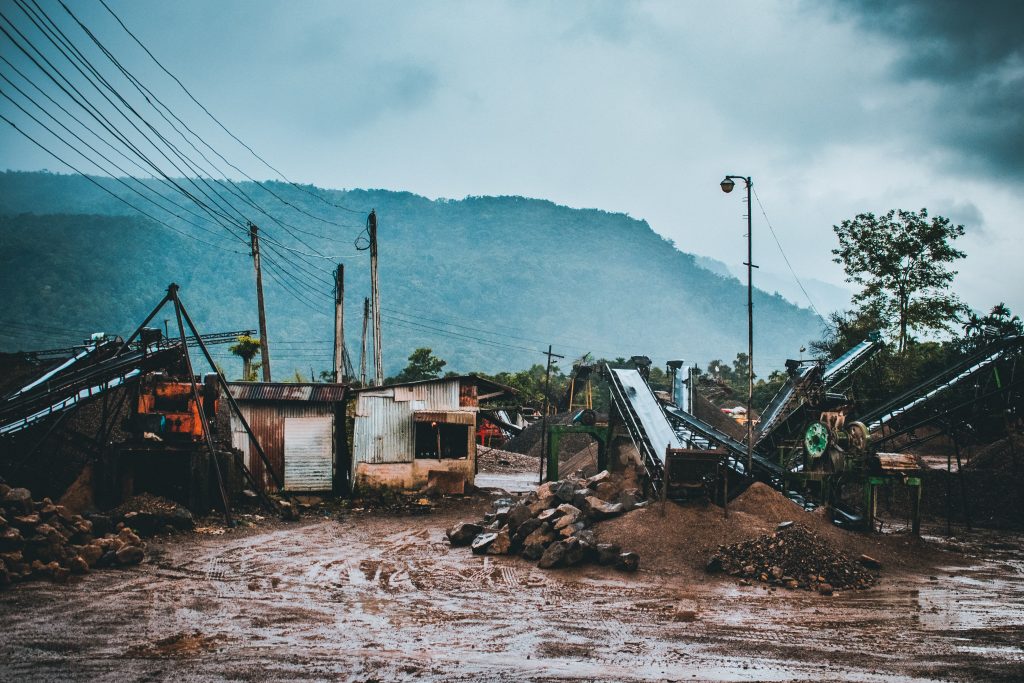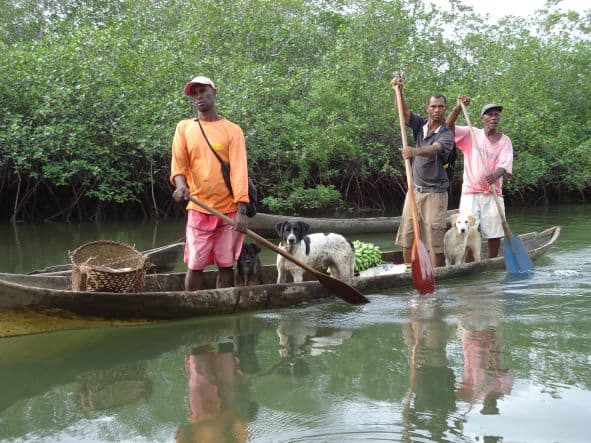More than half of the world’s population is vulnerable to climate change according to the most recent report of IPCC Working Group II.
On February 29, the IPCC presented to governments its latest scientific assessment report on climate change, its impacts, vulnerability and adaptation options. More than 270 authors from 67 countries came together to elaborate the report after reviewing more than 34.000 studies.
The report presents a bleak picture due to the severity of conclusions and consequences, including the loss of biodiversity, unsustainable consumption and social inequalities.
Decisive climate action must start today. For corporates, this means making significant cuts in emissions as soon as possible to help stabilize global temperatures and put us on track to limit warming to 1.5°C.

Urgent measures are needed – there is no time to wait
Climate change is causing a dangerous and widespread disruption in natural systems, despite all efforts to reduce it. The report gives a serious warning regarding the consequences of inaction, and again highlights how people who are least responsible are the most affected ones.
We are facing intense heat waves and droughts more frequently than ever. Storms have gotten stronger, while sea levels are rising, and oceans are becoming warmer. This is already causing serious damage to ecosystems, human health, businesses, and economies around the world.
These extreme weather events and the shift in temperature have already exceeded some limits for certain plants and animals, and have caused extinction of countless species (for example, certain species of trees and corals). Millions of people are impacted by the effects of climate change.
Climate-Resilient Development.
The Climate-Resilient Development is all about sustainable development, which requires the implementation of policies for adaptation to climate change, policies for the protection of biodiversity and ecosystems and policies for the rapid reduction of greenhouse gas emissions.
The report indicated that this development already represents a challenge with current levels of global warming. This development will be more limited if global warming exceeds 1.5ºC and in some regions it will be impossible if global warming increases more than 2ºC.
Nature is essential to ensure our future

There are several options to adapt to a changing climate and the IPCC report provides new ideas on the possibilities that nature offers to reduce climate risks and, in parallel, improve people´s life.
By restoring degraded ecosystems and conserving between 30% and 50% of natural habitats, society could benefit from nature´s ability to absorb and store carbon, and progress can be accelerated in achieving a sustainable development. For all of this, financial and political support is essential.
The report acknowledges nature-based solutions as an essential tool to help support the environment and mitigate effects of climate change.
Also, in recent years, the European Commision has been increasing their efforts into spreading the importance of nature-based solutions in urban and rural areas, and fostering collaboration with regions globally.
How companies are affected by the climate crisis and how they can act.

The pace and scale of climate impacts are accelerating rapidly. For companies this means widespread disruption to business at all levels: to market value and the loss of assets, supply chain disruptions, increasingly stringent regulations, and worsening workforce wellbeing.
The report discloses economic damages from climate change that have already been detected in climate-exposed sectors such as forestry, fishery, energy, and tourism. It also notes the increasing economic vulnerability of assets to extreme climate hazards.
Companies need a climate action plan. Setting a corporate carbon strategy creates numerous business benefits, including improved brand reputation, increased investor confidence, and greater resilience to regulation. Even though the number of businesses reacting to the growing urgency and rise of public awareness of climate change is increasing, more action is needed. We at FORLIANCE will do all we can to support it.
To reach the long-term 1.5°C goal, FORLIANCE is continuing to develop tools and resources to help companies accelerating their decarbonization towards net-zero.
To sum up
- There´s still a chance, but action needs to start today.
- Current commitments are insufficient.
- Emission reductions need to be at a faster rate than currently.
- More funds and financing are needed for adaptation to climate change.
- Climate change is already happening, affecting people, damaging production, destroying nature and reducing economic growth.
- No time to wait: Businesses need to take decisive steps towards climate action.
You need support for your climate action journey and want to learn more about our nature-based climate solutions? Let us get in touch!
For updates, sign up to our newsletter and follow us on LinkedIn.


